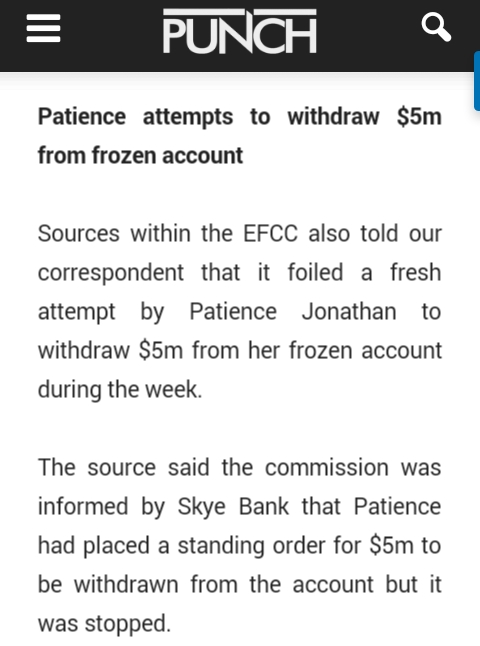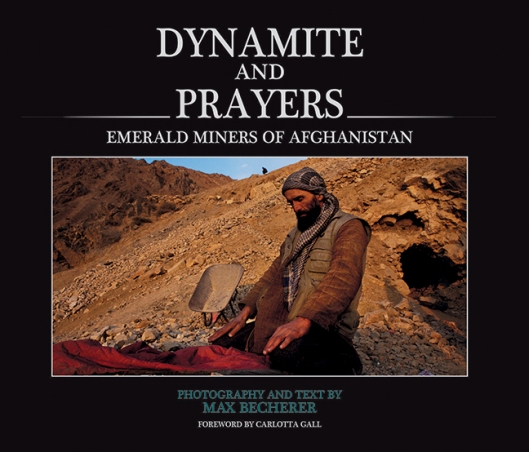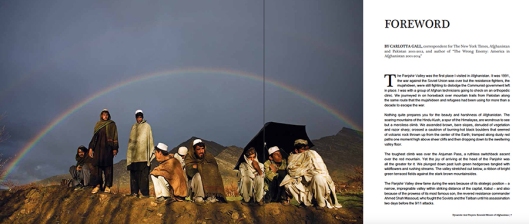ABUJA—The Federal Government, weekend, said
it would undertake a review of the pricing
template for Premium Motor Spirit, PMS, also
known as petrol, to forestall a further increase
in the price of the commodity.
Minister of State for Petroleum Resources, Dr.
Ibe Kachikwu, stated this during a grand award
ceremony organised by the Petroleum Products
Pricing Regulatory Agency, PPPRA, branch of
Petroleum and Natural Gas Senior Staff
Association of Nigeria, PENGASSAN in Abuja.
Meanwhile the Senate Committee on Petroleum
(Upstream), has asked the Department of
Petroleum Resources, DPR, to henceforth,
prepare and forward to it, the daily product
records of oil and gas in the country.
The committee said the record of daily crude oil
production must be submitted to the Senate
every month. This will include petroleum
industry activities, data on seismic activities,
crude oil production, liftings, allocations, exports
by destination, receipts, gas production,
utilization, sales, transmission and exports.
Chairman of the committee, Senator Tayo
Alasoadura, who led members of the committee
to the headquarters of the Department of
Petroleum Resources, DPR, in Lagos on oversight
responsibility, said the development would
afford the Red Chamber the opportunity to have
deeper knowledge of activities of the oil and gas
sector in the country.
Alaosoadura, who represents Ondo Central
Senatorial District on the platform of the ruling
All Progressives Congress, APC, frowned at
perceived sidelining of the legislature in the
provision of some information on activities by
agencies of government, saying the trend must
stop.
Speaking on the pending review of pricing
template, Kachikwu said it would help cushion
the effect of rising foreign exchange rates and
the dwindling value of the naira against major
international currencies on the price of petrol.
Oil marketers have N30 margin
In early October, Governor of Central Bank of
Nigeria, CBN, Mr. Godwin Emefiele, had said in
a session with Newspapers Proprietors
Association of Nigeria, NPAN, that fuel price
would not be adjusted because marketers had
been given N30 profit margin per litre.
He had said: “I am telling you that the price of
petrol will not be reviewed based on the
arrangement the CBN and the NNPC have put in
place to see to it that dollar is available to the
importers of petroleum products and I am
telling you that. What is that arrangement at
this time, all the International Oil companies,
IOCs, have been directed, based on the
agreement between CBN and NNPC, that they
should channel their dollars, oil companies and
servicing companies selling their foreign
currencies cannot go directly to begin to auction
their money. They should channel their dollars
through a mechanism created and operated
between the CBN and NNPC where dollar is
made available to marketers to import petrol.
Foreign exchange template
“At the time this programme started, the
marketers were told that they can procure their
foreign exchange at no more than N280 to the
dollar and their price should not be more than
N145 per litre. But in working out the price of
N145 per litre, the template provided for
nothing less than N30 per litre margin for the
marketers. That template is available. By making
N30 per litre available, even if the marketer
does not find the product at N280, but finds it
at N300, N305 or even N310, that marketer will
still make profit though at a reduced margin.
“That is the template that is currently in place
and I am optimistic that it will work. We will see
to it that even the IOCs are not compelled to
sell at a fixed rate but they will sell at an
average interbank rate of the previous day. So
even today, some are selling at N305, N310,
N315, the average cannot be more than
between N305 and N310. I am saying if a
marketer procures foreign exchange at an
average of between N305 and N310, he will still
make profit by selling at N145 per litre, that is
my argument.”
Inter-bank exchange rate
The exchange rate at the interbank market
stands at N305 to the dollar, making the
template still relevant. But major marketers and
Independent marketers are not importing,
leaving only NNPC to bear the brunt of fuel
importation. “There is no need for a marketer to
contemplate price increase,” Mr Emefiele had
said.
But there have been reports of NNPC saying
that the current price of N145 per litre is no
longer sustainable. NNPC last month said it can
no longer sustain the sale of petrol at N145 per
litre. Recall that Labour last month warned
against increase in pump price of petrol. Group
General Manager, Crude Oil Marketing of the
NNPC, Mele Kyari, had said with the current
exchange rate, it was no longer feasible to sell
petrol at N145 per litre. TheNNPC official said at
this year’s Oil Trading and Logistics Expo, holding
in Lagos that “we have a very difficult business
environment. It is impossible today to import
products at the current market price, at current
fixed foreign exchange rate.
“There is no way today you can take products to
retailers and sell at N145. It is not possible. If
that is true and I believe that it is, because we
all go to the market, why can’t we sell above
N145? That is where legislation should come in.”
NNPC sells at N145
Meanwhile, Kachikwu has said that he was not
aware of the fact that the retail arm of NNPC
had increased the price of petrol from N141 per
litre to N145 per litre, the maximum price
allowed by government under the price
modulation mechanism, adding that he would
consult with the NNPC management to
understand the reason for the increase.
“I am not aware that the NNPC has increased
price. I need to look into that, it is a bit of
surprise to me, because there are processes in
doing this. If they have done that, it means they
are doing it wrongly. Let me find out what the
facts are,” he noted.
Commenting on the petrol price template,
Kachikwu explained that the review would
eliminate certain charges that are attributable to
the Federal Government and some of its
agencies, so that the price can be retained
where it is at the moment.
He said, “One of the things I think we had
hoped to do, which we would still do, before we
embark on any price increase is to work on
those templates. There are still areas that are
within the government controlled aspects;
payments to the Ministry of Transport and the
rest; payments to the Nigerian Ports Authority,
NPA.
“We are working on the possibility of being able
to shift that out so that we can still modulate
the prices within where it is right now. But I
would hold a conversation with the industry and
see how it is going.”
Furthermore, Kachikwu explained that the
meeting brokered between President
Muhammadu Buhari and leaders of the Niger
Delta was part of series of actions to bring
lasting peace to the Niger Delta region, while he
lamented that the crisis recorded in the region
over the last one year had taken its toll on the
country, its resources and even the sustenance
of the oil industry.
Also speaking, Acting Executive Secretary of the
PPPRA, Mrs. Sotonye Iyoyo, said while they
celebrate the last 13 years of the PPPRA, they
are aware that the challenges before it in
attaining full and total deregulation of the
downstream petroleum sector are daunting.
It would be recalled that in September 2016,
former and present Group Managing Directors of
the Nigerian National Petroleum Corporation
expressed fears that the current pump price of
N145 per litre was no longer feasible.




